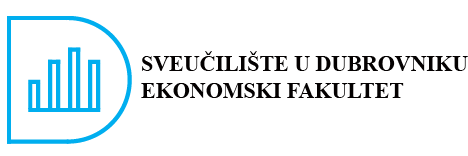Project Boomer: Digital Literacy Workshops for the Elderly in Five Croatian Counties
In collaboration with the Croatian Pensioners' Association, from May 17 to 22, members of the CREDO Research Center at the University of Dubrovnik held workshops on "Digital Literacy for the Elderly" in five Croatian counties. This initiative brought the BOOMER project consortium one step closer to its goal of providing digital literacy education for the elderly in all Croatian counties.
During the workshops held in Dubrovnik, Kaštel Kambelovac, Vodice, Senj, and Zadar, participants had the opportunity to expand their knowledge on key topics such as internet safety, recognizing misinformation, cyber security, responsible communication and content sharing on social media, and managing personal finances in a digital environment. Each workshop was carefully designed to address the specific needs of the elderly, providing not only theoretical knowledge but also practical skills for everyday application.
Participants actively engaged in interactive sessions, exchanging experiences and learning through practical examples and case studies. Special attention was given to topics like internet safety and recognizing misinformation, equipping participants with tools to protect their digital identities and identify fake news, which is crucial in today's increasingly complex digital world. Additionally, through modules on cyber security and responsible communication on social media, participants learned how to use online platforms safely, protecting their privacy and personal data.
The BOOMER project is funded through the Erasmus+ Strategic Partnerships program and aims to enhance digital literacy among the elderly. Alongside the CREDO Research Center at the University of Dubrovnik, the project coordinator, the Croatian consortium also includes the Croatian Pensioners' Association, the Faculty of Economics at the University of Zagreb, and Croatian Telecom. To date, over 600 users from Croatia and abroad have participated in the educational content developed within the project, both online and in physical settings.



